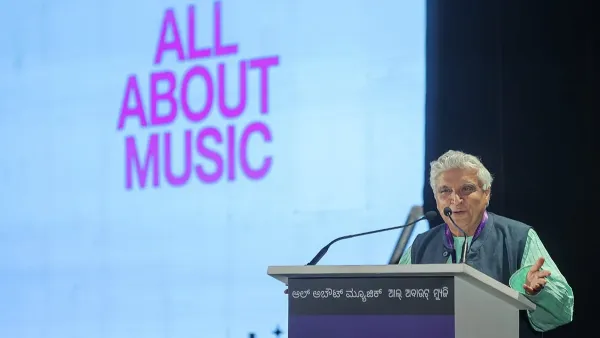Related
- Young Delhi techie considers quitting Rs 30 LPA job even without another offer: 'Sick leave just means WFH'
Payday usually brings cheer, but for many employees, it’s also the finish line. The moment their salaries hit, resignation letters start flying. A viral LinkedIn post recently captured this exact phenomenon — salary at 10:00 am, resignation at 10:05 am. While it sparked endless debates online about loyalty, professionalism, and workplace culture, Bengaluru-based CA-turned-founder Meenal Goel stepped in with her take, and it hit a nerve with thousands.
Goel explained that these lightning-fast exits aren’t always about “grabbing the money and running.” More often, they’re the result of employees holding on until they’ve been paid what they’re owed before finally walking away from an environment that has drained them. “I’ve done this myself,” she admitted, recalling a previous job where she repeatedly raised issues about workload, lack of support, and unclear expectations — only to be ignored. Months later, she resigned right after payday.
The real problem, she argued, lies in companies treating exit interviews as their first real listening exercise. By the time an employee is out the door, it’s already too late. “If someone leaves because of you, that’s a moment for the company to reflect, not just ‘collect feedback,’” Goel wrote.
Goel explained that these lightning-fast exits aren’t always about “grabbing the money and running.” More often, they’re the result of employees holding on until they’ve been paid what they’re owed before finally walking away from an environment that has drained them. “I’ve done this myself,” she admitted, recalling a previous job where she repeatedly raised issues about workload, lack of support, and unclear expectations — only to be ignored. Months later, she resigned right after payday.
The real problem, she argued, lies in companies treating exit interviews as their first real listening exercise. By the time an employee is out the door, it’s already too late. “If someone leaves because of you, that’s a moment for the company to reflect, not just ‘collect feedback,’” Goel wrote.





